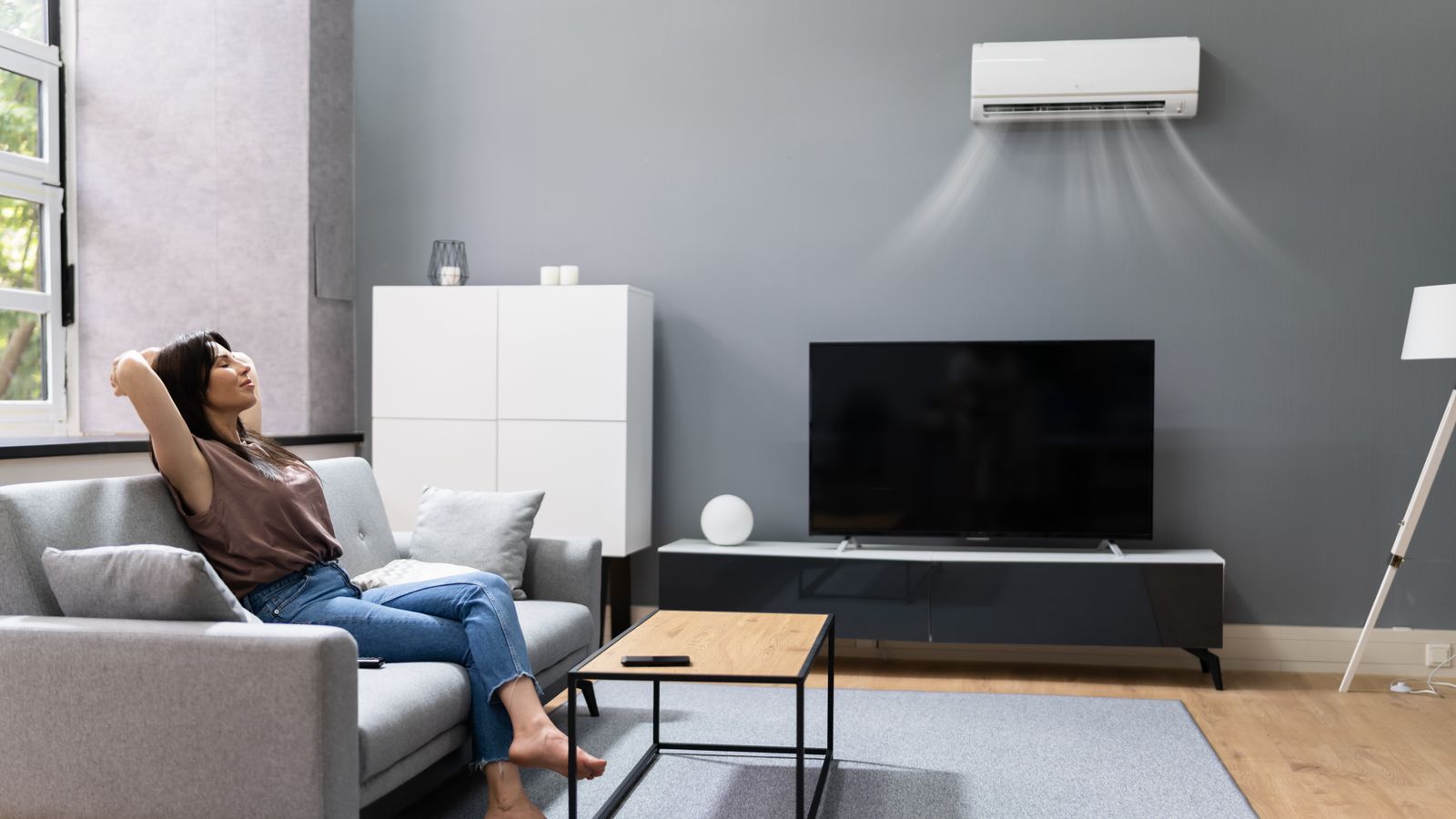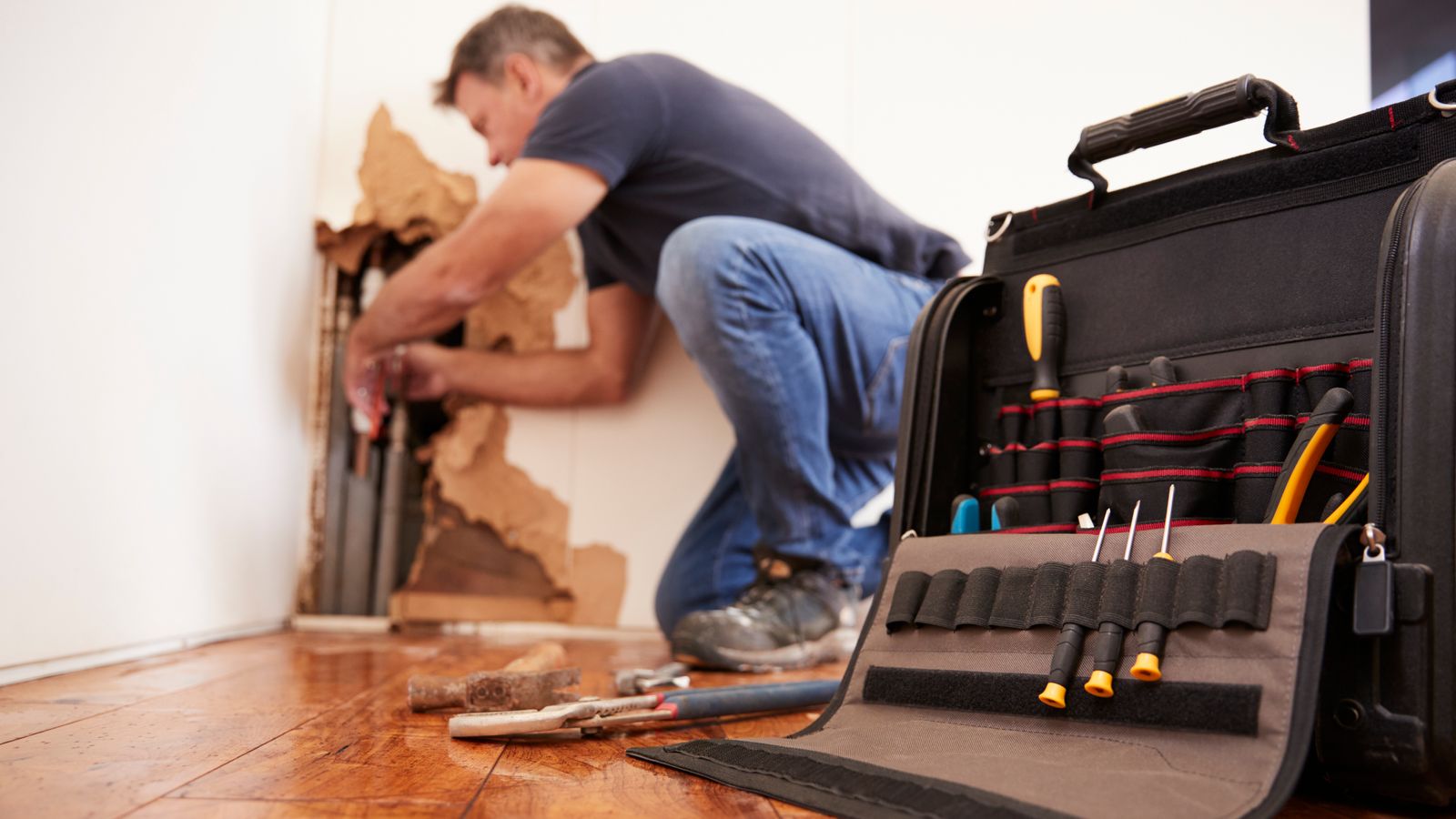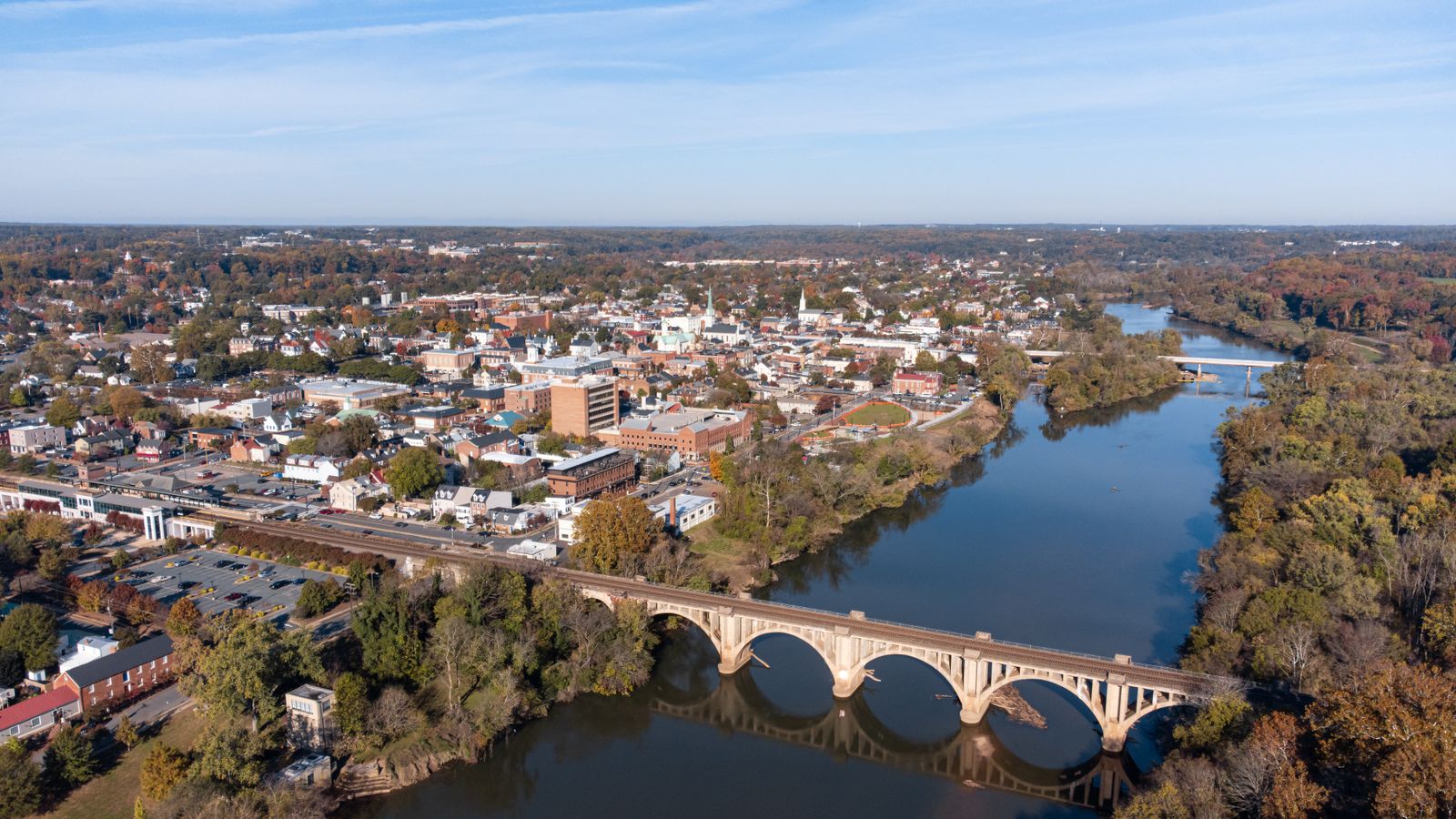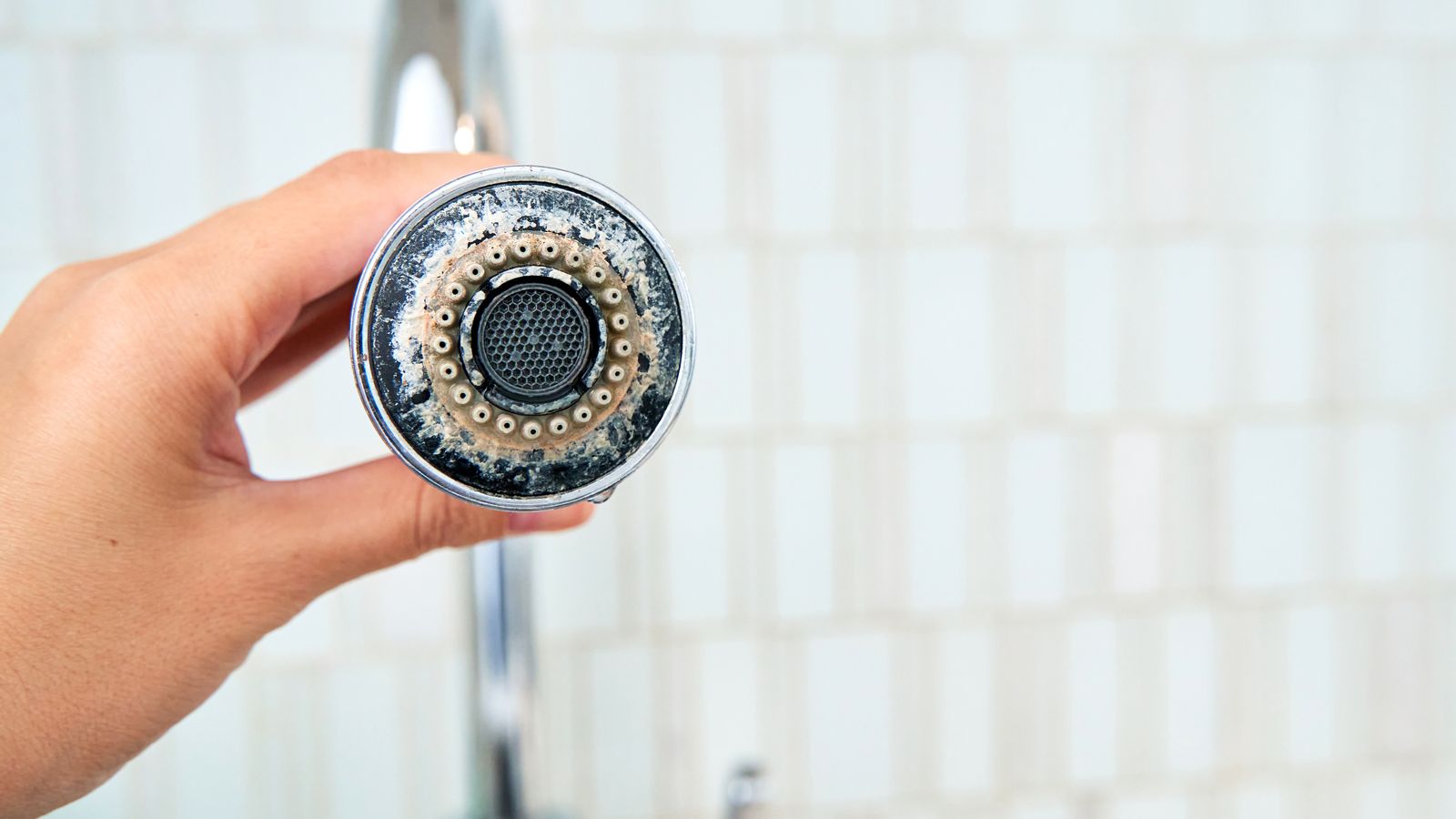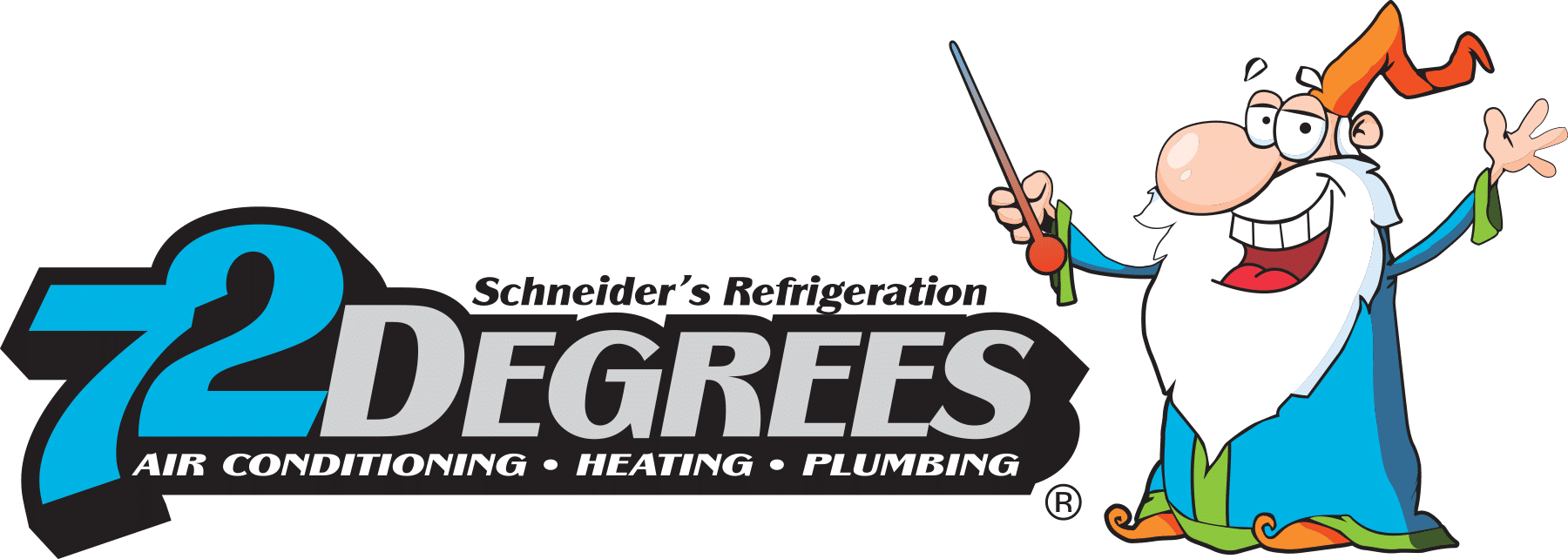With energy prices on the rise, Texas homeowners are looking for ways to stay comfortable without breaking the bank. Whether it’s the blistering heat of summer or an unexpected winter chill, your HVAC system plays a crucial role in keeping your home livable. But when it comes to efficiency and cost savings, choosing between a heat pump vs. AC could make all the difference.
At 72 Degrees Texas, we help homeowners in Fredericksburg and the Texas Hill Country find the best heating and cooling solutions for their needs. Understanding how heat pumps and traditional AC systems compare in operation, energy efficiency, and long-term savings will help you make an informed decision—one that keeps your home comfortable year-round while lowering utility costs.
The Basics of Each System
How Do Heat Pumps Work?
Heat pumps are a versatile option for heating and cooling. By using a reversing valve and sensors, they transfer heat instead of generating it. During the summer, they act like an air conditioner by removing heat from inside your home and releasing it outside. In the winter, the process reverses—heat is drawn from the outdoor air (even in cold weather) and brought indoors to warm your space. This dual functionality makes heat pumps a great choice for areas with moderate climates, like Fredericksburg and the Texas Hill Country.
Electric heat pumps are also highly efficient since they don’t burn fossil fuels to produce heat. This not only saves energy but also reduces environmental impact. With the ability to handle both heating and cooling, heat pumps are becoming a popular option in suburban and rural areas where homeowners are looking for cost-effective, energy-efficient systems.
How Do Traditional AC Units Work?
Traditional air conditioning units focus solely on cooling. They remove heat from the indoor air and push it outside, creating a cooler environment inside the home. However, these systems don’t provide heating, so they need to be paired with a separate system—like a gas furnace—to keep your home warm during colder months. This type of setup has been common in many homes, especially in locations where winters are colder and reliable heating is a must.
While traditional AC units are excellent for cooling, they lack the year-round functionality of heat pumps. Homeowners with these systems often face higher installation costs due to the need for both an AC unit and a furnace. Still, traditional AC units remain a popular choice for those seeking affordability upfront and straightforward operation.
Comparing Installation Costs
Installation costs for heat pumps and traditional AC units depend on factors like home size and the type of system chosen. Heat pumps generally cost more to install because of their advanced design and ability to handle both heating and cooling. On average, installing a heat pump is pricier than a standalone AC unit. However, when you consider the additional cost of pairing an AC system with a furnace, the overall costs for traditional setups can sometimes be similar—or even higher.
Heat pumps often qualify for rebates and incentives, which can help offset their higher initial price. Government programs and local energy companies offer these benefits to encourage the use of energy-efficient systems. For homeowners trying to balance upfront costs with long-term savings, a heat pump could be a better investment.
Comparing Efficiency & Long-Term Savings
Operational Efficiency
Heat pumps are known for being highly efficient. Instead of generating heat like a furnace, they transfer it, using far less energy. This efficiency applies to their cooling function too, making them a great year-round choice. Plus, heat pumps improve indoor air quality by reducing moisture and removing carbon dioxide from the air, creating a more comfortable and healthier home environment.
Traditional AC units, while effective for cooling, don’t reach the same level of efficiency. They require a separate heating system during colder months, which can increase overall energy use. For those aiming to save energy and enhance air quality, heat pumps often stand out as the better option.
Cost Savings Over Time
Although heat pumps may come with a higher upfront price, their efficiency often results in noticeable savings on energy bills over time. Traditional AC units might have a lower initial cost, but their reliance on separate heating systems can lead to higher expenses in the long run. For those planning to stay in their homes for many years, the cost benefits of heat pumps are hard to ignore.
What’s Best for Fredericksburg?
The moderate climate of Fredericksburg and the Texas Hill Country makes heat pumps an excellent option for local homes. Their ability to efficiently manage both heating and cooling suits the needs of rural and suburban areas, where homeowners often want a single, reliable system.
However, in regions with harsh winters, traditional AC units paired with gas furnaces might be a better fit. Gas furnaces are more reliable for extreme cold, ensuring homes stay warm when temperatures drop significantly. Evaluating your home’s specific needs and the local climate can help determine the most practical choice.
Government Rebates and Incentives
For those leaning toward heat pumps, the financial perks don’t stop with energy savings. Rebates and incentives, like those in the Inflation Reduction Act, can make upgrading to energy-efficient systems more affordable. For example, the federal 25C tax credit offers 30% back on heat pump installations up to $2,000. Taking advantage of these programs can make the higher upfront cost of a heat pump much easier to manage. Speaking with a tax professional can clarify how these benefits apply to your situation.
Environmental Impact and Sustainability
Heat pumps are not only budget-friendly in the long run—they’re also better for the planet. By reducing the use of fossil fuels, they significantly cut greenhouse gas emissions. Additionally, they improve indoor air quality by removing pollutants like carbon dioxide. For homeowners who care about sustainability, heat pumps are a step in the right direction.
Professional Installation Matters
Installing a heat pump requires expertise to get it right. From choosing the appropriate system for your home to ensuring it’s installed correctly, working with professionals ensures you get the best performance, energy savings, and compliance with safety codes. Attempting a DIY installation could lead to costly errors, lower efficiency, and even safety risks.
Enjoy Year-Round Comfort and Savings with the Wizards of Comfort
Choosing between a heat pump vs. AC is a big decision, but you don’t have to make it alone. At 72 Degrees Texas, we’re here to guide you every step of the way. Whether you’re looking for energy-efficient cooling or a versatile system that provides both heating and cooling, our experienced team will help you find the best fit for your home.
With our expertise in heat pump installations and a commitment to top-notch service, you can trust us to deliver the perfect solution for your comfort and savings.
Schedule your consultation today! Have more questions? Call 72 Degrees Texas now.

